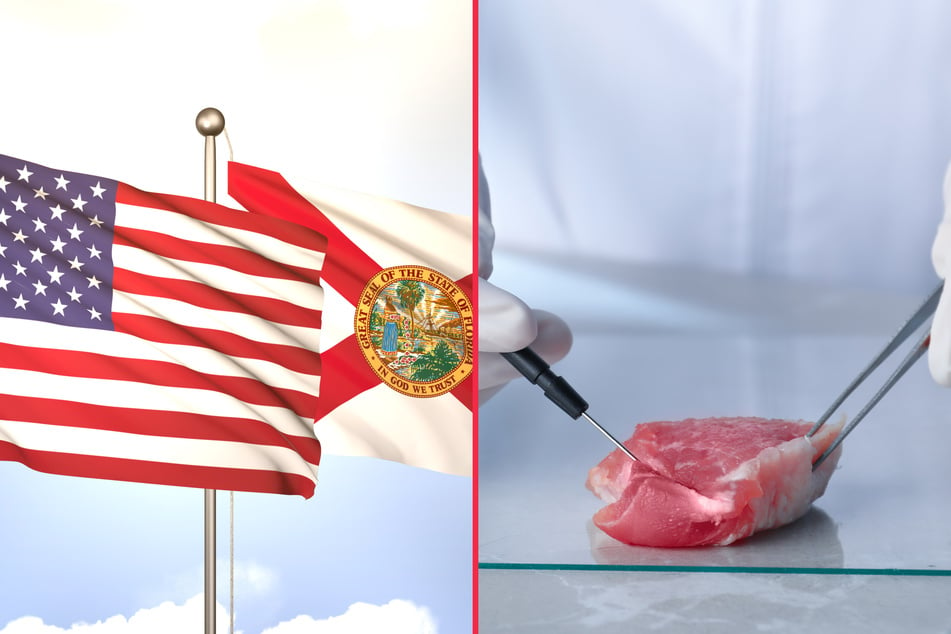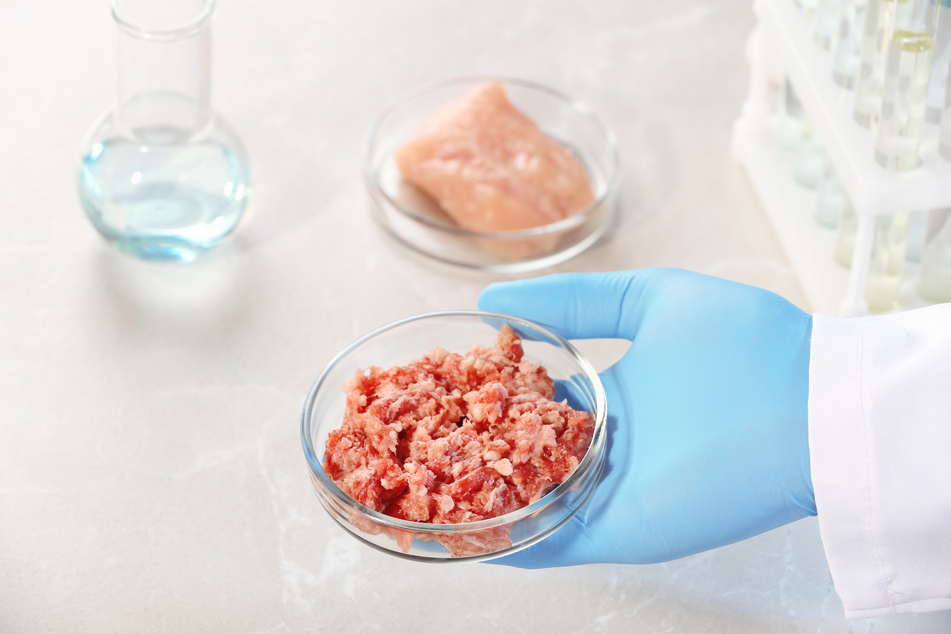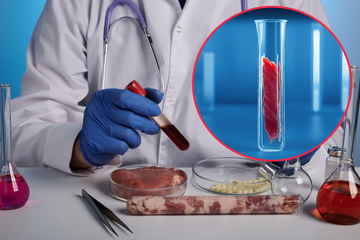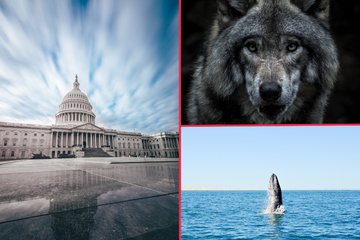Florida bans lab-grown meat in latest anti-climate crackdown
Tallahassee, Florida - Amidst rapid technological improvements that could see lab-grown meat reach shelves and kitchens sooner rather than later, Floridian lawmakers have passed a ban.

In June last year, the United States Department of Agriculture (USDA) approved the sale of lab-grown meat produced by Upside Foods and Good Meat. The move was historic, putting synthetic chicken products into the hands of American businesses and consumers for the first time.
Yet, little more than six months down the line, what seemed like an unstoppable technical and environmental revolution has failed to maintain its stride. Instead, it seems that the lab-grown meat is hitting more speed bumps than freeways, as it takes hit after hit.
In Europe, the EU is considering a ban on cultured meat that was introduced by the Italian government, led by Giorgia Meloni. In the United States, Floridian lawmakers have already succeeded in doing just that.
Florida bans lab-grown meat, despite USDA approvals
Despite the approvals given by the USDA last year, lawmakers in Florida last night approved a ban on cultivated meat. The move, which was publically supported by Governor Ron DeSantis, makes the south-eastern state the country's first to outright ban such products.
The bill itself outlaws both the sale and manufacture of laboratory-grown meat, making it a misdemeanor offense worth a fine of $1000. In addition, it gives permission to the Department of Agriculture to issue immediate stop-sale orders on products found to violate the prohibition.
"A food establishment that manufactures, distributes, or sells cultivated meat in violation of this section," the bill reads, "Is subject to disciplinary action... the license of any restaurant, store, or other business may be suspended."
It seems that the legislation, much like what is being proposed to the European Commission by Meloni's conservative government, comes from ideological rather than socio-economic, environmental, or scientific reasoning.
Ron DeSantis, who suspended his campaign for the Republican presidential nomination back in January, likened lab-grown meat to "ESG" (environmental, social, and governance), which he claims is "trying to impose an agenda on society through the economy."
"I know the legislature is doing a bill to try to protect our meat," said DeSantis earlier this month in a statement supporting the then-proposed bill. "We're going to have meat in Florida. We're not going to do that fake meat."

What's the problem with lab-grown meat?
While many cattle and poultry companies have come out in support of bans against lab-grown meat, the story is not as simple as it may seem. Many cultured meat companies enjoy funding from meat giants like Tyson Foods, which invested in food tech startup Memphis Meats back in 2018.
Of course, many meat companies have an interest in lab-grown meat failing to see success due to concerns that the industry, projected to be worth $25 billion by 2030, could undercut demand for their products.
Principally, though, the argument against cultivated meat is held more in the domain of so-called "culture wars" rather than in economic or environmental forums. Popularized by conservative commentators and politicians like Donald Trump and DeSantis, opposition generally goes along the same tried-and-tested arguments used against plant-based milk alternatives.
These arguments generally center around the idea that as "fake meat" or "fake milk" becomes more popular, plant-based food producers will push traditional producers out of business. This will then have a knock-on effect in terms of jobs and economic growth.
Back in 2022, Nebraskan governor Jim Pillen, a Republican, was elected after a campaign that saw him take aim at plant-based alternatives, vowing that he would "stand up to radicals who want to use red tape and fake meat to put Nebraska out of business."
Unlike in Florida, however, Pillen hasn't moved to outright ban the sale and production of cultured meat, but instead to introduce harder restrictions on the branding of such products, including a requirement to prominently include the word "imitation" on all packaging.
Pillen's opposition to lab-grown meat serves well to further reiterate the fact that cultured meat critics generally fall into two camps: Those like DeSantis, who oppose on an ideological basis, and those like meat-company advocates like Pillen, who runs America's 16th largest pork company.
What does Florida's ban on cultured meat mean for the industry?

It's uncertain at this time what the Floridian government's ban on cultured meat could mean for the industry in the long term, but proponents are already raising concerns about what it could mean for the environment.
Speaking to the New York Times, Justin Kolbeck, CEO of artificial salmon startup Wildtype, voiced his concerns after repeated trips to discuss the bill with lawmakers in Florida, saying, "I've got more than enough challenges... I don't also need Florida to ban it."
Lab-grown meat companies already have a hurdle to pass technologically, as there are no mass-production viable products in the market at the moment. Now, they are increasingly concerned that bans like that in Florida, and the one proposed in Europe, will "make the market smaller" and success even harder.
Support for lab-grown meat comes from a few more unusual places, as well, with the likes of Elon Musk's SpaceX partnering with Israeli lab-grown meat company Aleph Farms to produce food for consumption in space. Seeing as the Kennedy Space Center and Aleph Farms are both located in Florida, the ban has some pretty serious implications.
On the economic argument, others are saying that such legislation will push innovation out of the US and into the arms of competitor nations like China, for whom the country's state-owned media reported earlier this month Florida's bill would be a benefit.
Didier Toubia, chief executive and co-founder of Aleph Farms, has reiterated these concerns: "If the US is closing their doors to innovation, companies like Aleph Farms and others will be tempted to direct global expansion to China."
Cover photo: Collage: IMAGO/Pond5 Images



